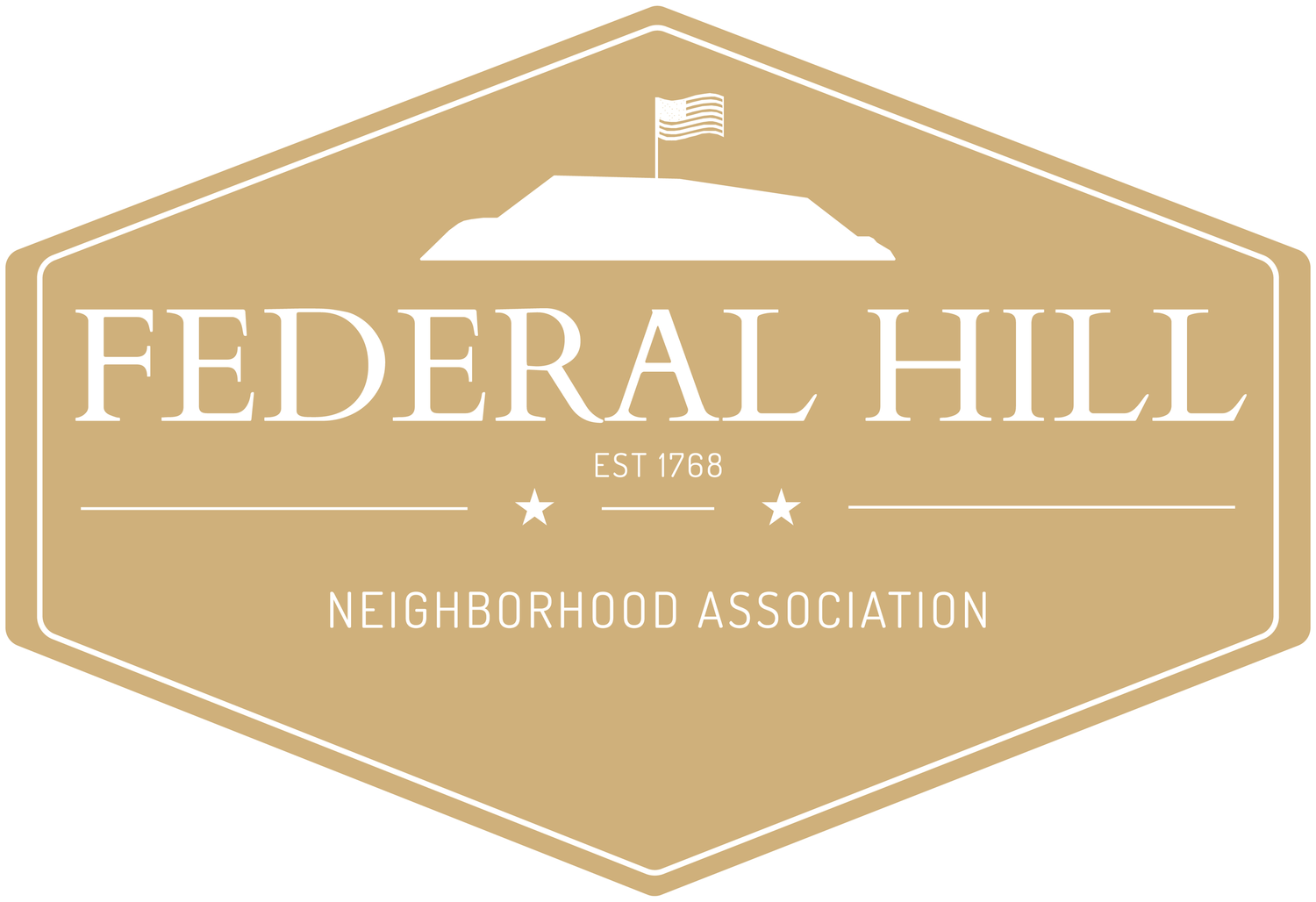Public Safety Info: Area 9 Parking Audit
There are many issues facing the City of Baltimore. At times people will say issues are complex and are difficult to solve. However, the issue with illegal parking in Area 9 is not complex and nor is it difficult to solve. Our team of volunteers have collected data and identified sustainable solutions. You may be surprised to see how DOT responded as well as how much revenue the city is losing by holding their current position on the issue.
History
This brief history is listed on the Parking Authority website: ”In 1979, the City Council of Baltimore passed an ordinance creating the authority under Article 31. Sub 10 of the Baltimore City Code to implement Residential Permit Parking (RPP) Areas. These restricted parking areas are established primarily to help secure available parking for a residential community while encouraging alternative parking plans for non-residents. Generally, these programs govern the parking restrictions in residential communities located near major employers, colleges, universities, medical institutions, and sports complexes.” (source)
Baltimore City Code regarding residential parking can be found here. (Article 31 Subtitle 10)
The Problem
Area 9 residents have battled with the issue of what appears to be insufficient parking and a failure to enforce for longer than I have been a resident. The FHNA Public Safety team wanted to collect data that might give us a better understanding of what we were experiencing. We teamed up with John Bacci, our Parking Committee Chair and resident expert on all things parking, to do so.
We broke the process down into three steps:
1. Determine the amount of available street parking.
2. Determine the number of parking permits issued.
3. Conduct a block-by block audit of Area 9.
1. Available Street Parking.
We built this base level map of Area 9 Parking Spaces per block in FHNA’s footprint.
2. Parking Permits Issued
We compared the number of decal permits distributed by block to the number of spaces available and got view that map here. (Note: These numbers do not include guest passes.)
3. Block by Block Audit
Finally, volunteers took 10-15 minutes to walk their block(s) and enter their observations into a Google Form. The data was collected and compiled daily. We shared our findings regularly with Councilman Costello’s office in hopes that DOT would respect the Councilman’s position and request for a response.
Results
Over two weeks in April, we found that:
1) We found 20% of our spaces were occupied by illegally parked cars without citations/tickets.
2) The city lost $61,126 in revenue in those two weeks by not enforcing parking restrictions on this small portion of the RPP Area 9.
3) Thus, the city would potentially lose $1,589,276 over a calendar year by simply failing to enforce parking permit restriction on these few blocks alone. (Note: We know that, if the City effectively enforced parking restrictions, they wouldn’t raise that much money because most people would stop parking illegally).
Next Steps
Our team has identified several possible solutions. Unfortunately, we can’t get the Baltimore City Department of Transportation (DOT) to return our correspondence. The Councilman’s Office says they have the same challenge with DOT. DOT hides their organization chart and contact information from the public, so we can’t figure out who to contact. We have submitted requests via both social media and the “contact us” form on DOT’s website. However, we have not received any responses.
We have escalated this issue to the City Administrator’s Office, and the Deputy CAO has informed us that she is looking into this issue further. We will keep you posted as we learn more. We hope DOT leadership will meet with us to review the data and discuss possible solutions.
If we must, FHNA is willing to pursue grant funding if necessary to ensure that this basic municipal service – required by city code – can be completed. However, we would prefer to share our possible solutions with anyone from the Mayor’s Office or DOT. Currently, we cannot find anyone willing to listen.
Request: In the meantime, we ask residents who see vehicles parked on your block without the current decal or guest pass to enter it into 311. DOT has stated on social media that 311 requests drive their willingness to enforce issues like obstructing bike lanes and installing traffic calming measures in school zones. Our hope is that by submitting dozens or hundreds of 311 requests for enforcement in Area 9, we can convince DOT to take the City Code seriously.
To stay informed, please email us at fhna.publicsafety@gmail.com. If you live outside FHNA’s boundaries, we’ll happily connect you with leaders in your neighborhood association." If you want to replicate what we have done send an email and we will help you any way we can.
